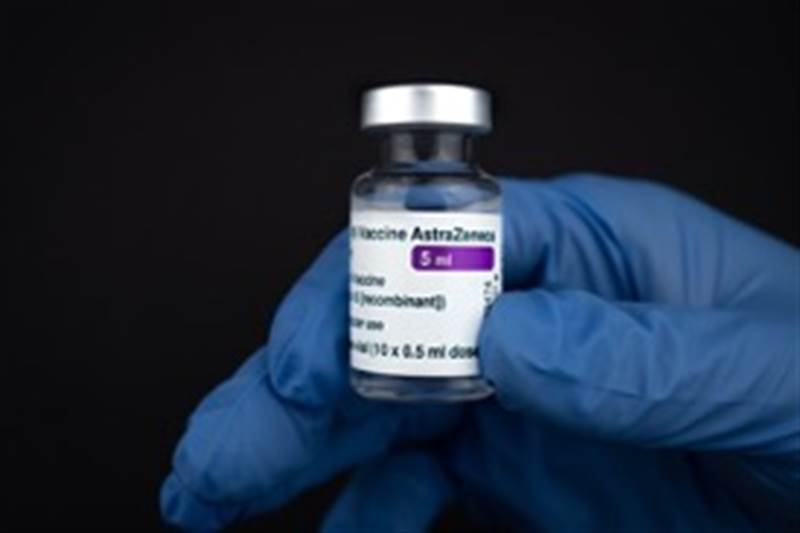Researchers in Thailand have developed a machine to draw out vaccine doses more efficiently and stretch the limited supply of vaccines.
Using a robotic arm, the ‘AutoVacc’ system can draw 12 doses of the AstraZeneca vaccine in four minutes from a vial, said researchers at Chulalongkorn University in Thailand who designed the machine.
This is a 20% increase above the standard 10 dosages drawn manually, researchers claim. The machine currently works only with AstraZeneca multi-dose vials.
“The machine guarantees with accuracy that we can gain an extra 20 percent from each vaccine vial — from 10 to 12 doses,” said Juthamas Ratanavaraporn, the lead researcher of the team at the university’s Biomedical Engineering Research Centre told Reuters in a news report.
“This means that if we have AstraZeneca for 1 million people, this machine can increase the number of doses to 1.2 million people,” she said.
Where every vaccine drop counts
While some health workers using low dead space syringes that aim to reduce wastage can draw up to 12 doses per vial, it requires experience and a high level of skill, Juthamas said.
“This could drain a lot of the health workers’ energy. They would have to do this every day for many months.”
The current prototype machine costs 2.5 million baht ($76,243), including additional supplies such as syringes. Juthamas said the university plans to build comparable devices for use with the Pfizer-BioNTech and Moderna vaccines.
Thailand continues to suffer from a vaccine shortage and is desperately trying to boost its vaccine stocks after being hit by its worst wave of COVID-19 infections earlier this year.
Mass vaccinations started in June and to date, only 9% of Thailand's 66 million population has been fully vaccinated. A local AstraZeneca vaccine manufacturer has failed to meet anticipated production targets and India has cut off vaccine exports due a pandemic surge in their country.
Thailand had also sought to “borrow” 150,000 doses of the AstraZeneca vaccine from Bhutan, which has vaccinated more than 90% of its adult population.
"The vaccine swap arrangement between Bhutan and Thailand ... is on basis that Thailand will send back vaccines to Bhutan later," said Natapanu Nopakun, a foreign ministry spokesperson.










